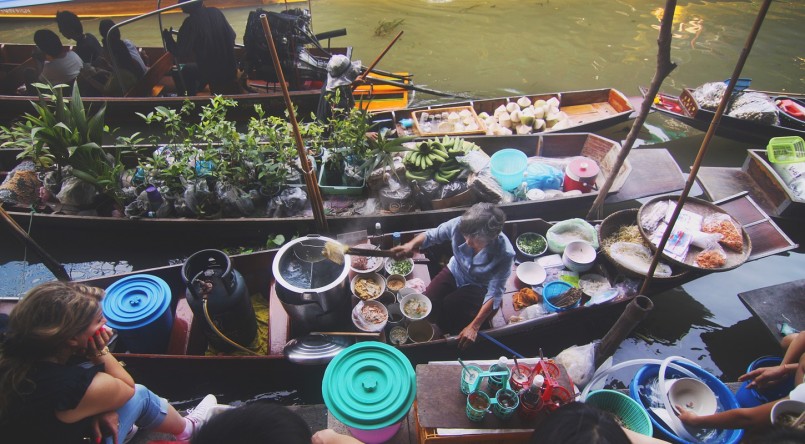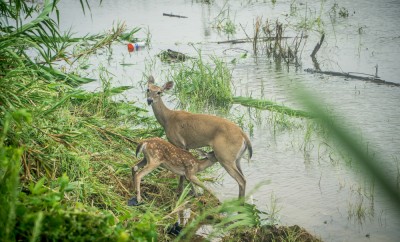Adventure Travel
Ecotourism & The Spread Of Disease

Ecotourism & The Spread Of Disease
There has never been an easier time to travel. Flights are cheap and you can be in a location halfway around the world in a matter of hours. However, while you’re discovering exciting new places you’ve never seen, you also have a lot of responsibility to be an ethical traveler. Intelligent travelers now approach their tours with caution and respect for the environment. This has led to the rise in ecotourism, which combines education about the native land with leaving a light footprint on the earth. But there is a darker side to ecotourism, too.
Health Risks To Humans
Traveling to countries where we have not typically inhabited means that humans are exposed to new diseases in ecotourism. The most common disease risks include ones that come from contaminated food and water. However, diseases transmitted by vectors (biting insects such as flies, mosquitoes and ticks) can also cause the spread of serious illness. Some of the illnesses caused by biting insects are not typically seen in the United States due to differences in climate. Examples include dengue fever, the Zika virus, malaria, Chikingunya, and Japanese encephalitis.
Activity Risks
Even though ecotourists strive to leave as minimal of a mark as possible on the environments they visit, many of their activities, such as ziplining, are still destructive to the environment. Other tourist activities present additional disease risks. For example, exploring caves brings the risk of contacting histoplasmosis from exposure to bat droppings. Water contaminated with animal urine can transmit leptospirosis. And of course contact with some animals can cause rabies.
Bringing Risks Back Home
Although these diseases are not native to the U.S. due to the fact that we don’t have the same tropical climates, global climate change makes it possible for these viruses to get a foothold in other countries. Recent cases have found that Zika is sexually transmitted to people in the U.S. after their partners have traveled to countries where the disease is present. The first case of Ebola on U.S. soil was also brought here by travel, which then spread to the patient’s caregivers. There’s a very real risk that travel can introduce new viruses to the U.S.
Risks To Animals
Conscientious travelers care about the environments they visit and the plants and animals that live there. Unfortunately, travelers can introduce diseases to the animals they visit as well. Seeing wild primates like monkeys, chimpanzees and orangutans is fascinating and few people can resist a chance to get a close-up view of animals that are so much like us. But humans can spread diseases like influenza and pneumovirus to primates. Human diseases have spread to these animal populations nearly everywhere.
Be Safe & Respectful
Although ecotourism has its risks for spreading disease to both humans and animals, it doesn’t mean we have to stay home forever. We can still explore the world with curiosity and joy. However, it’s important to follow some common-sense precautions to limit exposure. Be sure to stay up-to-date on all your vaccinations before traveling. Avoid drinking local water, and use protective tents for sleeping in environments where diseases like malaria are common. Remain respectful and protective of animals as well by treading lightly on their environment and keeping a safe distance. Beneficial ecotourism is possible so long as we remain safe and respectful.





0 comments